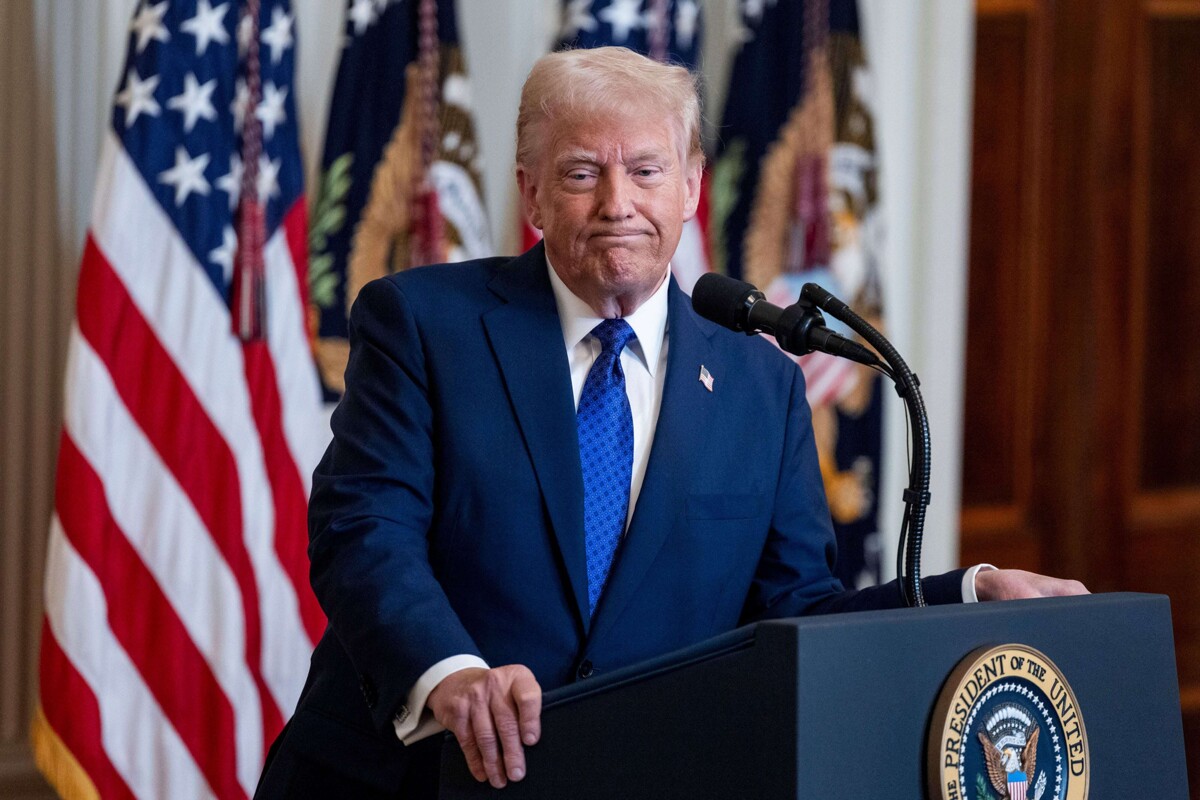
The administration of President of the United States, Donald Trump, has ordered the cessation of the distribution of medications for the treatment of HIV in developing countries. These treatments are part of the humanitarian aid offered by the U.S., however, it has been determined that operations should be halted even if the HIV medications have already been purchased or are available at health centers.
The decision to suspend the distribution of HIV medications to foreign aid programs is part of Trump's plan, which since last week announced the withdrawal of the United States from the World Health Organization (WHO), something that had already been initiated during his first term but was not completed due to the arrival of Joe Biden to the presidency.
The Trump administration rolled back the Presidential Emergency Plan for AIDS Relief (PEPFAR) created in 2003 by President George W. Bush, which had a budget of $6.5 billion and provided HIV medications to over 20 million people worldwide, according to NPR.
On the government website of PEPFAR, it is noted that this commitment to aid for HIV/AIDS relief has saved approximately 26 million lives. "The United States government has invested more than $110 billion in the global response to HIV/AIDS, the largest commitment by any nation to address a single disease in history: it has saved 26 million lives, prevented millions of HIV infections, and accelerated progress toward controlling the global HIV/AIDS pandemic in more than 50 countries."
The World Health Organization warned on Wednesday that millions of lives will be at risk due to the decision of the new Trump Administration to halt its drug distribution programs for people with HIV in developing countries. "A sudden and prolonged halt to these programs will not allow for a controlled transition and puts millions of lives at risk," stated the WHO in a statement, indicating that U.S. programs, like PEPFAR, provide treatment to 20 million people worldwide, including 566,000 children.
The end of PEPFAR programs, developed in about fifty countries, "could lead to increases in infections and deaths, reverse decades of progress, and virtually bring the world back to the 80s and 90s when millions of people died each year from AIDS globally," warned the WHO. Halting HIV programs "will undermine efforts to prevent the transmission of the virus in countries and communities," added the United Nations health agency.
Currently, there are almost 40 million people living with HIV in the world, and more than 30 million depend on this type of funding programs in developing countries to afford their antiretroviral treatments and other medications. In 2023, the last year for which complete data is available, 1.3 million people contracted the HIV virus, and about 630,000 people, 40,000 fewer than in 2022, died from AIDS-related diseases, a disease that has caused the death of more than 40 million people in 40 years.














